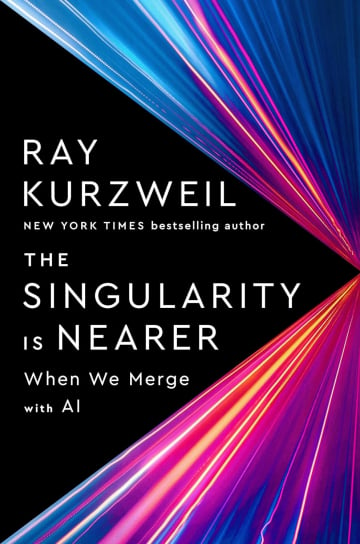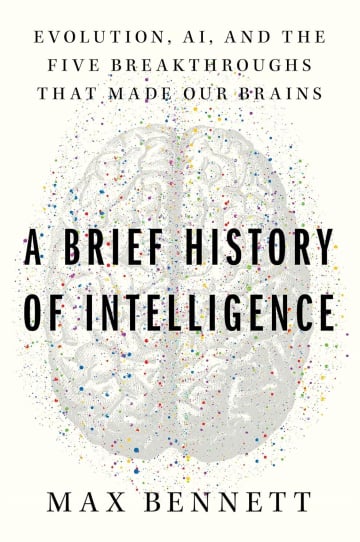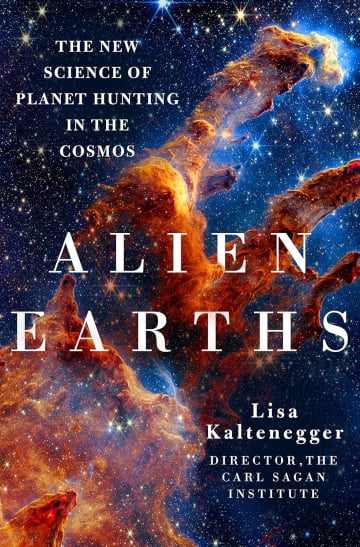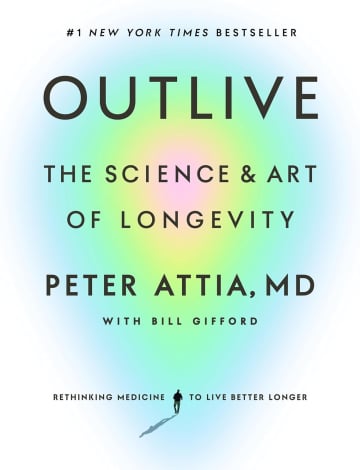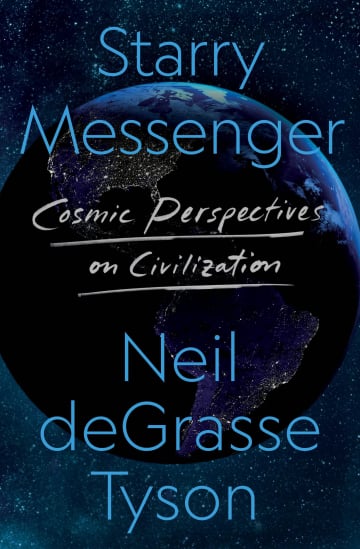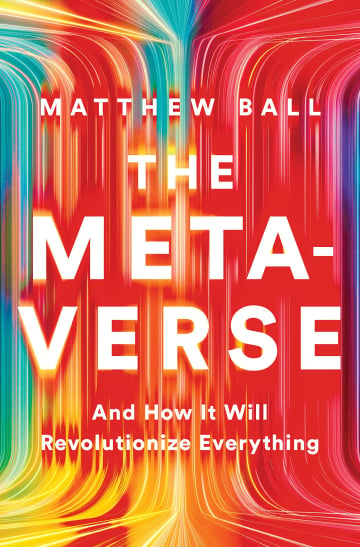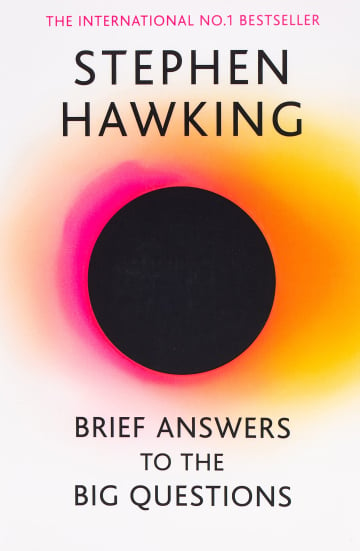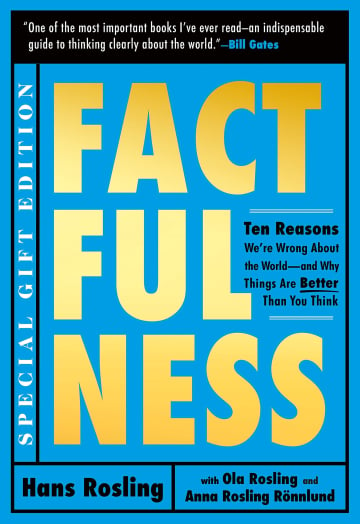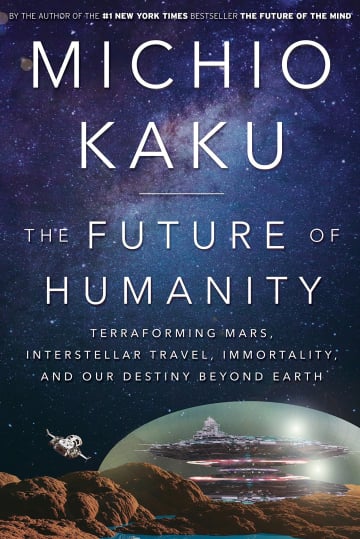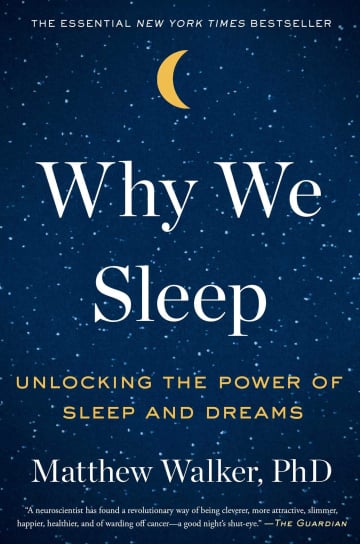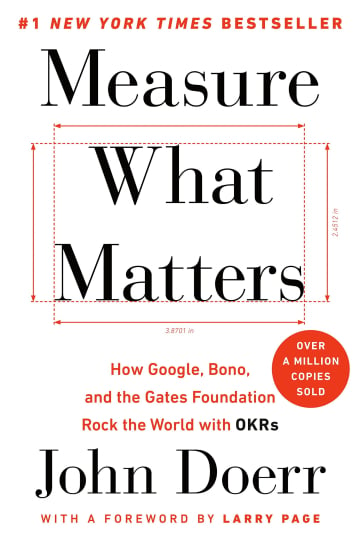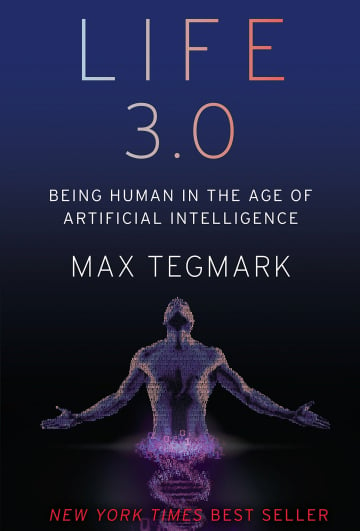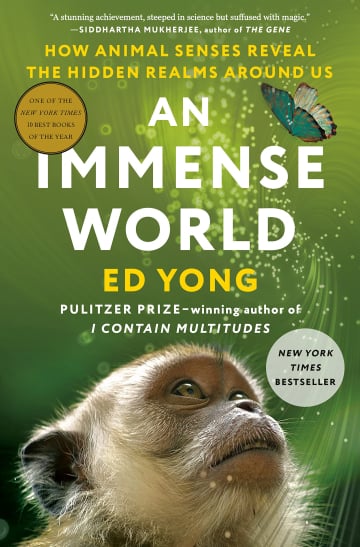
An Immense World: How Animal Senses Reveal the Hidden Realms Around Us
⚡️ 13 Quotes from the book
“Every animal can only tap into a small fraction of reality’s fullness. Each is enclosed within its own unique sensory bubble, perceiving but a tiny sliver of an immense world. There is a wonderful word for this sensory bubble—Umwelt.”
“Perhaps people who experience the world in ways that are considered atypical have an intuitive feeling for the limits of typicality.”
“The Umwelt concept can feel constrictive because it implies that every creature is trapped within the house of its senses. But to me, the idea is wonderfully expansive. It tells us that all is not as it seems and that everything we experience is but a filtered version of everything that we could experience. It reminds us that there is light in darkness, noise in silence, richness in nothingness. It hints at flickers of the unfamiliar in the familiar, of the extraordinary in the everyday, of magnificence in mundanity.”
“Senses that seem paranormal to us only appear this way because we are so limited and so painfully unaware of our limitations.”
“For creatures like these that are constantly immersed in liquid, the distinction between taste and smell can be so confusing that one neuroscientist just told me, 'I avoid thinking about it.'”
“Dogs have a facial muscle that can raise their inner eyebrows, giving them a soulful, plaintive expression. This muscle doesn’t exist in wolves. It’s the result of centuries of domestication, in which dog faces were inadvertently reshaped to look a bit more like ours. Those faces are now easier to read, and better at triggering a nurturing response.”
“And thanks to the unfortunate persistence of dualism—the outdated belief that the mind and body are separate—people often equate subjective with woolly, and psychological with imagined. This is harmfully wrong.”
“They argue that whether cephalopods, fish, or crustaceans feel what humans do or experience something radically different, there is enough evidence to invoke the precautionary principle. 'It’s highly possible that these animals can suffer,' Elwood says, 'and we should consider ways of avoiding that suffering.'”
“Our own fingertips are among nature’s most sensitive touch organs. They allow us to wield tools with fine precision, to read patterns of raised dots when our vision is impaired, and to control screens with taps, swipes, and touches.”
“All of these creatures are connected by sound. Their lives and deaths are determined by the frequencies they can hear, how sensitive they are to those frequencies, and their skill at localizing the source of sound. Every species has its own strengths and weaknesses.”
“We are closer than ever to understanding what it is like to be another animal, but we have made it harder than ever for other animals to be.”
“The majesty of nature is not restricted to canyons and mountains. It can be found in the wilds of perception—the sensory spaces that lie outside our Umwelt and within those of other animals. To perceive the world through other senses is to find splendor in familiarity, and the sacred in the mundane.”
“Through patient observation, through the technologies at our disposal, through the scientific method, and, above all else, through our curiosity and imagination, we can try to step into their worlds. We must choose to do so, and to have that choice is a gift. It is not a blessing we have earned, but it is one we must cherish.”
Related videos
Other books by Ed Yong
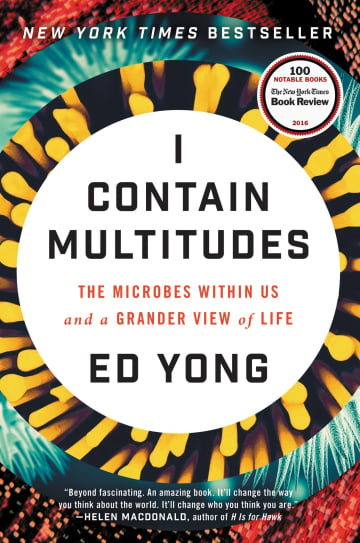
Publications
The Guardian: An Immense World by Ed Yong review – the astonishing ways in which animals experience our planet
The New York Times: ‘An Immense World’ Is a Thrilling Tour of Nonhuman Perception
The Washington Post: If only humans could sense the world the way animals do
The Wall Street Journal: ‘An Immense World’ Review: Where Beasts Have Us Beat
The Times: An Immense World by Ed Yong review — how animal senses reveal the hidden realms around us
Kirkus Reviews: One of the year’s best popular natural histories
Ask Albert:
Rate the book
⚡️ Discover Even More Bookish Wisdom
recommends
recommends
recommends
recommends
recommends

